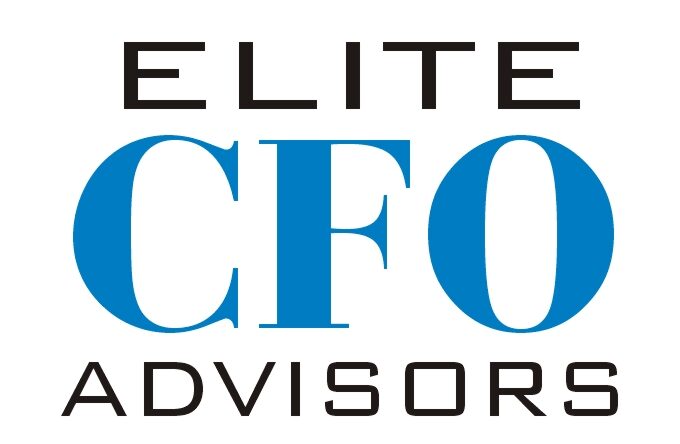
In an era where financial diligence is paramount for the success of any law firm, optimizing billing and collections processes is not just an operational necessity but a strategic imperative. Drawing from Mark Wickersham’s profound insights in “The Fastest Way to Change Profits,” this post delves into actionable strategies that law practices can employ to enhance their financial health through improved billing and collections.
Understanding the Importance of Timely Billing
Timeliness in billing is crucial. Delayed invoicing leads to delayed payments, directly impacting your firm’s cash flow. Instituting a routine for generating and dispatching invoices promptly after services are rendered ensures a steady cash influx and maintains the value of your services in the clients’ perception.
Efficient Time Tracking: The Backbone of Accurate Billing
The accuracy of your billing starts with precise time tracking. Modern digital tools offer sophisticated solutions that not only track billable minutes accurately but also integrate seamlessly with billing software. This not only streamlines the billing process but significantly reduces the time spent on creating invoices, ensuring accuracy and client trust.
Simplifying the Invoicing Process
Clarity in invoicing contributes significantly to timely payments. Ensure that your invoices are straightforward, concise, and itemize services provided with associated costs. Utilizing billing software that allows for customization and clearly displays all necessary details can reduce disputes and foster client trust.
Setting Clear Payment Terms
From the outset of client engagement, clear communication of payment terms is critical. This includes due dates, acceptable payment methods, and penalties for late payments. Establishing these terms upfront sets the stage for a smoother financial relationship with your clients.
Leveraging Technology for Enhanced Efficiency
The role of technology in optimizing billing and collections cannot be overstated. Legal billing software automates invoice generation, dispatches payment reminders, and facilitates online payments, making the process more efficient for both the firm and the clients.
Vigilant Monitoring of Accounts Receivable
Regularly reviewing your accounts receivable to promptly identify overdue payments is vital. Establish a systematic approach for follow-ups to ensure that payments are made within the agreed terms. Keeping detailed records of all billing and collections communications is also essential for resolving any disputes that may arise.
Offering Flexible Payment Options
Flexibility in payment options can significantly impact timely payments. Providing multiple payment methods and being open to payment plans for clients facing financial difficulties can ensure that the firm is compensated while maintaining positive client relations.
The Power of Training and Continuous Improvement
Ensure that everyone involved in the billing and collections process, from attorneys to administrative staff, understands their role in financial management. Continuous training on using billing software, effective communication for collections, and dispute resolution are critical for maintaining an efficient billing system.
Conclusion
Optimizing your law firm’s billing and collections process is a journey that requires continuous attention and improvement. By implementing these strategies, your firm can not only manage its finances more effectively but also build a culture of financial discipline and transparency that supports long-term success.

